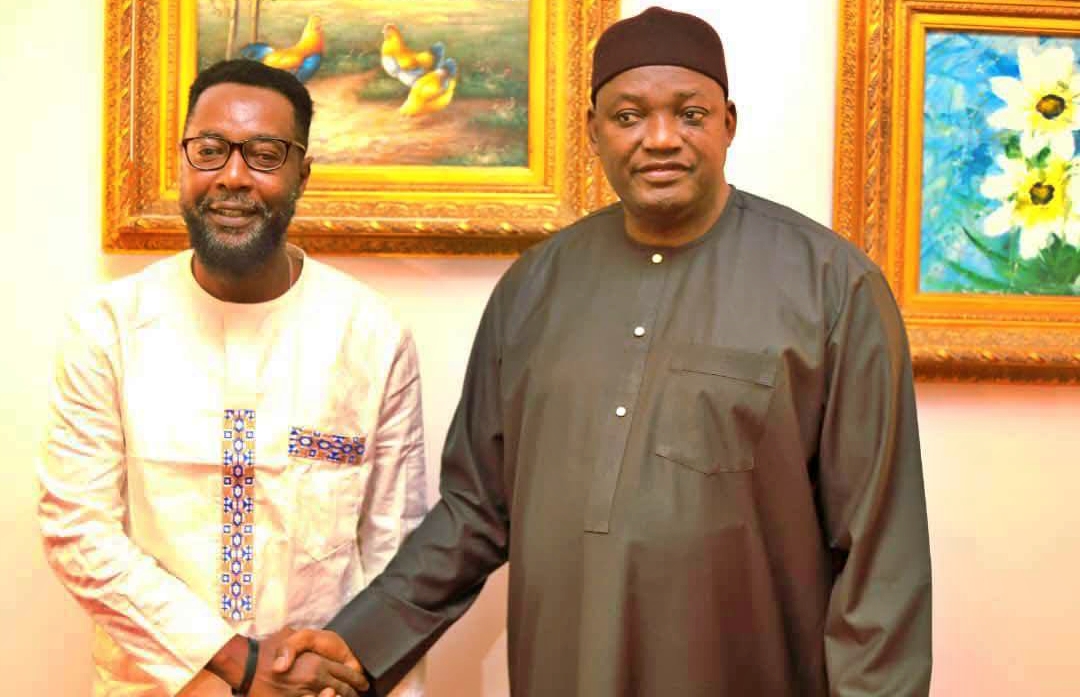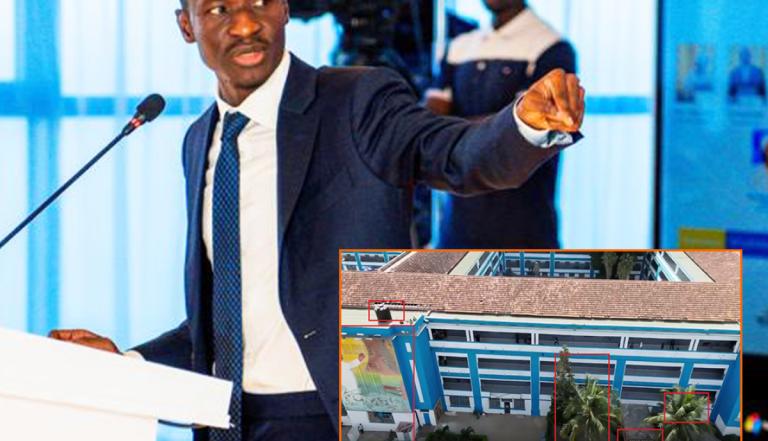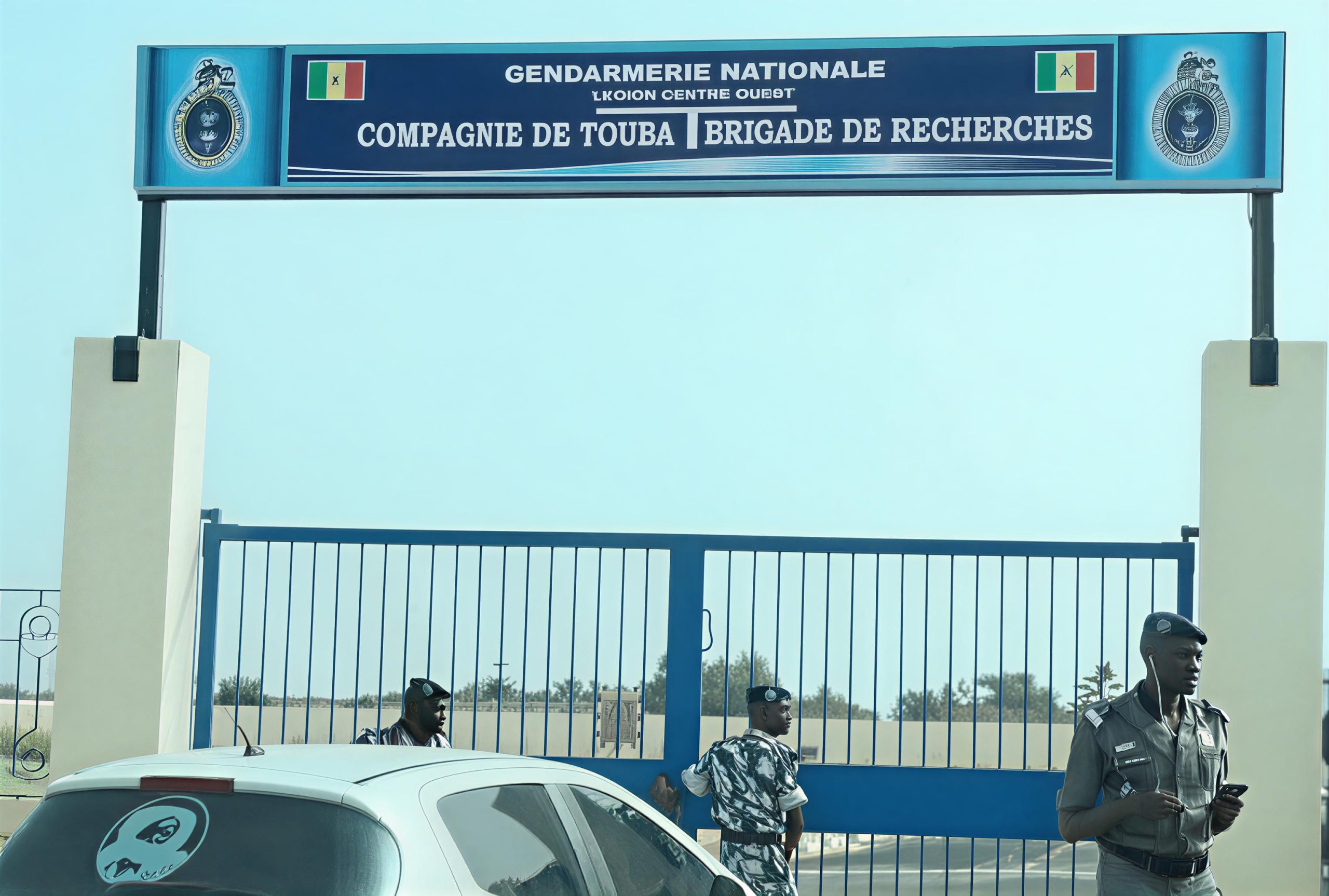On 17 October 2024, on the margins of the African Commission on Human and Peoples’ Rights, Gambia’s solicitor-general, Hussein Thomasi, told a full room in Banjul, Gambia, that a crimes against humanity treaty “is not just timely; it is absolutely essential. The absence of a dedicated treaty perpetuates a significant gap in the international legal framework, allowing for impunity and depriving vulnerable populations of the protection they desperately need.”
As daily headlines testify, crimes against humanity continue to be perpetrated in crises around the world today, from Sudan to Myanmar to Gaza. Though treaties define state obligations to prevent and punish genocide and war crimes, no such treaty exists for crimes against humanity.
This month, African states joined many others in stepping up support for negotiations for a much-needed crimes against humanity treaty during a UN Sixth Committee debate from 9 to 14 October. They more than doubled the number of African states backing the initiative by co-sponsoring a draft resolution for negotiations, orally backing moving ahead to secure a treaty, or both.
But many more African state co-sponsors are needed to ensure a positive outcome.
Crimes against humanity are recognized as among the most heinous international crimes, alongside genocide and war crimes. They include a range of offenses when committed as part of a widespread or systematic attack against a civilian population: murder, extermination, enslavement, deportation, torture, rape, sexual slavery, enforced prostitution, forced pregnancy, enforced sterilization or other comparable forms of sexual violence, persecution, enforced disappearance, apartheid, or other inhumane acts.
As daily headlines testify, such crimes continue to be perpetrated in crises around the world today, from Sudan to Myanmar to Gaza. Though treaties define state obligations to prevent and punish genocide and war crimes, no such treaty exists for crimes against humanity.
A global campaign for a convention has gained steam over the past five years. The International Law Commission adopted the Draft Articles on Prevention and Punishment of Crimes Against Humanity in 2019. A two-year process to consider the articles and discuss the commission’s recommendation for a convention was approved by the UN’s Sixth Committee in 2022 in Resolution 77/249. A decision on whether to proceed with negotiations must now be taken by November 22, 2024, when the current UN Sixth Committee session ends.
Most states support negotiations for a treaty. But the Sixth Committee usually makes decisions based on consensus. It is thus crucial to have as many states as possible publicly support formal treaty negotiations to help dissuade the small minority of opponents from blocking forward movement.
At present, 91 states are co-sponsors of the draft resolution, which would move the process to treaty negotiations, including 18 African states: Botswana, Cabo Verde, Comoros, Republic of Congo-Brazzaville, Democratic Republic of Congo, Djibouti, Gambia, Ghana, Lesotho, Liberia, Malawi, Mauritius, Mozambique, Senegal, Sierra Leone, South Africa, Tunisia, and Zambia.
Another 15 spoke positively at the October UN Sixth Committee debate on advancing a treaty in some capacity: Burkina Faso, Burundi, Côte d’Ivoire, Guinea, Kenya, Namibia, Niger, Nigeria, Rwanda, Togo, and Uganda, as well as Angola, Equatorial Guinea, Guinea-Bissau, and São Tomé and Príncipe, as part of an intervention by the Portuguese-speaking community.
An additional eight African states have a history of backing accountability efforts, particularly as members of the International Criminal Court: Benin, Chad, Central African Republic, Gabon, Madagascar, Mali, Seychelles, and Tanzania.
So far, these 23 states have yet to commit to co-sponsor the draft resolution that would advance the treaty. Through co-sponsorship, these states could tip the balance for negotiations.
Elaborating a treaty would offer new tools to prevent and punish crimes against humanity, including improved frameworks for mutual legal assistance and capacity-building. It would also offer crucial opportunities to more fully address international crimes involving gendered harms, including codification of the crime of the slave trade, which is backed by the African Group.
As Simitie Lavally, a commissioner with the Sierra Leone Human Rights Commission, told the audience in Banjul, “we have an obligation to draw the attention of our governments to propose treaties that would enhance the enjoyment of human rights nationally or internationally.”.
African civil society has done so, widely supporting a global joint statement in support of negotiations endorsed by more than 650 organizations and experts. The preeminent African Group on Justice and Accountability and African human rights commissions have also urged their governments to support forward movement.
With a decision less than a month away, African states should heed the call by taking the decision to co-sponsor the resolution for negotiations without further delay, thereby helping to combat widespread or systematic attacks on civilians everywhere.










